Isn’t this time of year when we assess where we are with our reading? I’ve taken stock and here are the hard numbers. I enjoyed most if not all of the books I read this year, and I cannot wait to see what 2015 has in store for me.
2014 War Through the Generations Challenge With a Twist
- signed up for Expert: Read 2+ books for each war for a total of 12 books
- read 34 (including 2 per war)
2014 Historical Fiction Reading Challenge
- signed up for Renaissance Reader – 10 books
- read 38
2014 Portuguese Historical Fiction Challenge
- signed up for Afonsine – 1 to 3 books
- read 1
Dive Into Poetry 2014
- signed up for Dive in and read 7 or more books of poetry
- read 24
New Authors Challenge 2014
- signed up for 50 New-to-Me Authors
- read 84
2014 European Reading Challenge
- signed up for Five Star (Deluxe Entourage) — at least five books by different European authors or books set in different European countries.
- read 28 (Italy, Czechoslovakia, Poland, Austria, Scotland, England, Crete, Greece, Ireland, France, Germany, Portugal, Monaco, Hungary, Norway)
Ireland Reading Challenge 2014
- signed up for Shamrock level: 4 books
- read 4
How did you do on reading challenges this year?



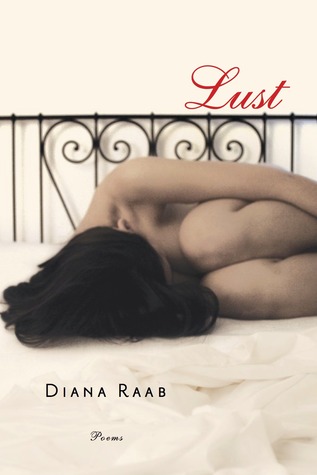
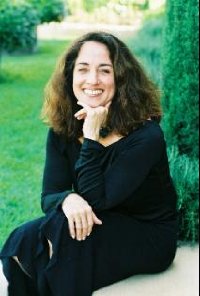 About the Poet:
About the Poet:
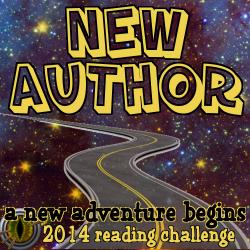
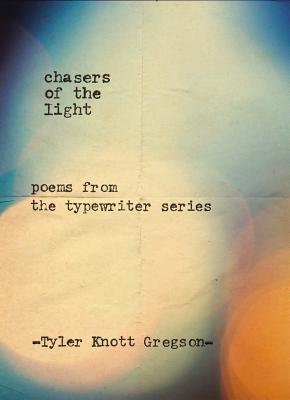
 About the Poet:
About the Poet:
 About the Editor:
About the Editor: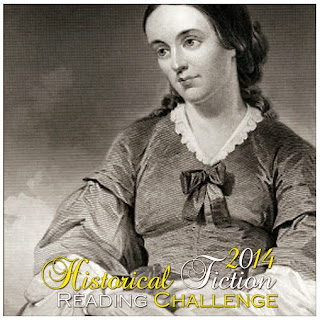




 About the Author:
About the Author:
 About the Poet:
About the Poet:



